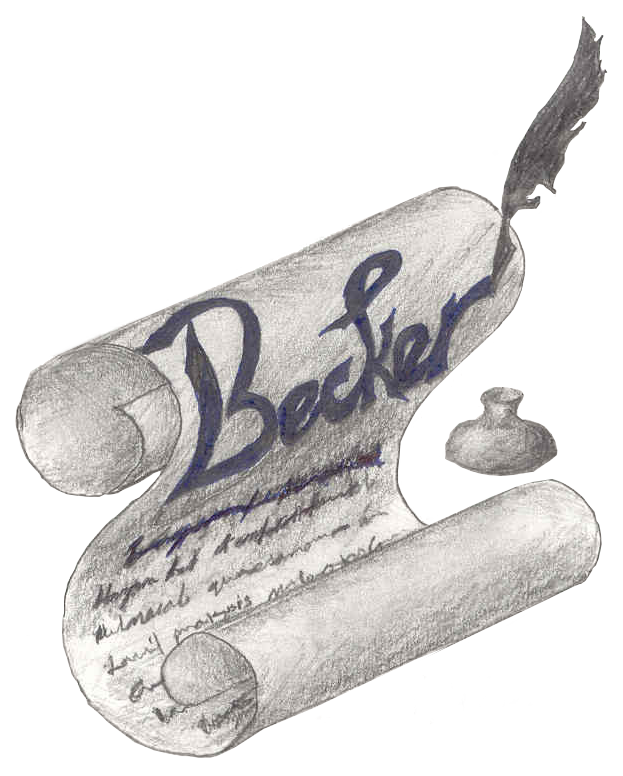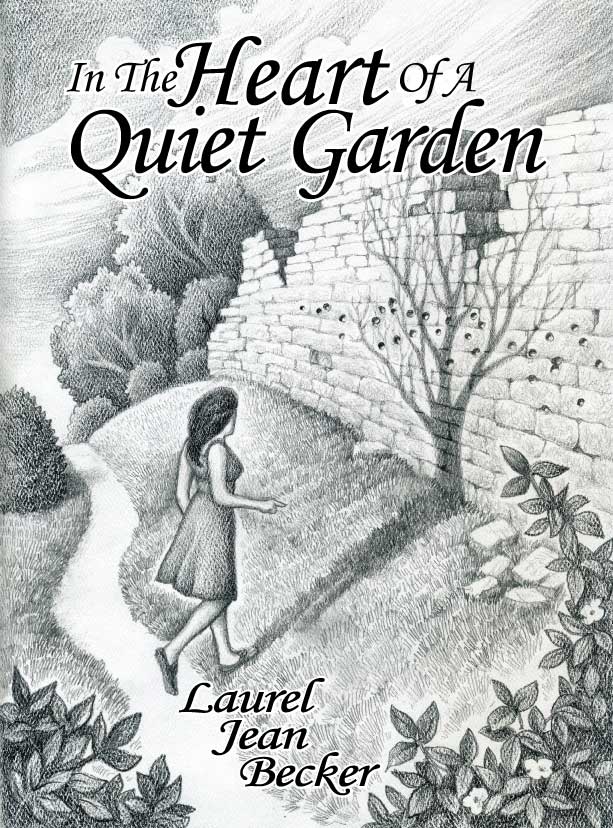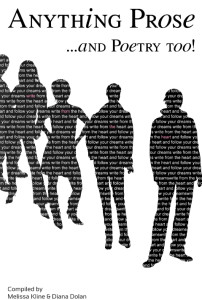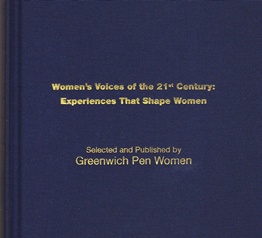When I was a kid growing up in Tucson, Arizona, my Mom dragged me to the rodeo every few years. I could spot the dreaded rodeo grounds from a distance by the tan cloud of dust hanging in the air like a comic strip balloon: I’m over here, ready to clog your lungs with dust, fungus, bacteria and airborne microscopic animal feces. The very sight of it made me wish I didn’t have to take another breath.
The unpaved parking lot, covered by fine silt churned by thousands of tires over the years, had no marked spaces. This resulted in rows that meandered across the dusty field like the dry riverbeds around Tucson. My feet were magnets that attracted dust in a layer of dirt that crept up past my socks and into my pant legs. I always thought there was something in the dust that caused me to scratch my legs throughout the rest of the rodeo.
By the time we found our seats, I was already thirsty. We brought some water, but the dry air evaporated water from my skin faster than I took it in, and I was unable to quench my thirst for more than a few minutes. The wooden bleachers were a dull, grey white and splintered where the wood had become weathered and dried by the hot sun. It was inevitable that my rear end would find an angry splinter looking for a victim.
My mother would sit on the hard bleachers and scream at the bucking broncos and brahma bulls, gasp at the fabricated close calls of the rodeo clowns, grab imaginary horns and vicariously wrangle the animals to the ground. I, on the other hand, would look at her as if she were out of her mind and dream of the moment I could leave for home and a shower.
During the bucking bronco event, I would sit quietly, watching the poor animal try to escape the torture imposed on it in the name of sport. Its back legs would kick and kick—eventually ridding itself of the rider. I hoped that they would be kicked off immediately—and hard. In calf roping, two cowboys roped the calf’s legs from both the front and back. The poor little thing would bawl its head off as the rider threw his hands in the air to signal time and, hopefully, success. I wondered why in the world the rodeo clowns dressed like idiots with dust-laden baggy pants, wide suspenders and painted faces to try to get the attention of an angry, snorting bull. Their jobs were to divert the attention of the bull away from the rider.
When I look back, I realize rodeo had become a focus for the differences between me and a parent I never understood. My mother preferred friendships of men, did not like women, thought women should not be educated, liked to rough it like one of the guys, and admired men who, in my estimation, were not acceptable. I, on the other hand, was a girly girl who liked my girlfriends, wanted to be clean, read books, did well in school, wrote in my diary and preferred men who were gentle and articulate.
When I was no longer forced to attend the rodeo, I never did again. Watching rodeo with my mother and a bleacher full of shouting groupies made me feel very much alone—and anxious to explore my own world where I could find like-minded people. To me, Mom was as much an enigma as was the rodeo, and if she had ever cared to ask my opinion, she might have thought the same of me. But she didn’t.








Was it not an option to simply leave you home while your mother goes and enjoys sanctioned animal abuse for entertainment?
The more I learn about your mother, the more a very consistent picture gets painted. I’m so glad to be ridding ourselves as a society of anti-intellectuals like her. I bristle at the concept of what she likely considered a “real man”. I have met these people. These “men” would say they are moral and decent people, but they decry attempts at gender equality and education opportunities. These “men” would say they are moral and decent people, but would cat-call to women near them despite being married and sometimes in the presence of their spouse. I kid you not, these “men” that consider themselves moral and decent people regularly cheat on their wives.
It was through watching this ridiculous, peacock-like primal display I started to recognize underwriting all moral codes are assumptions. If dogma is writing your assumptions, then these “men” don’t have any cognitive dissonance at all. The only thing they have to do is surround themselves with people who don’t challenge them to new ideas. Hence, their anti-intellectualism.
You want to hear what I think a real man is? Someone who respects women. Someone who is there for is wife during the hard times. Someone who does the right thing when the right thing is socially ostracised. An example: my father. I couldn’t be more proud of him!
Good choice, mom! 🙂
So sorry you didn’t find belonging in your family of origin, but I am glad that you were able to create that sense of belonging in your own family!